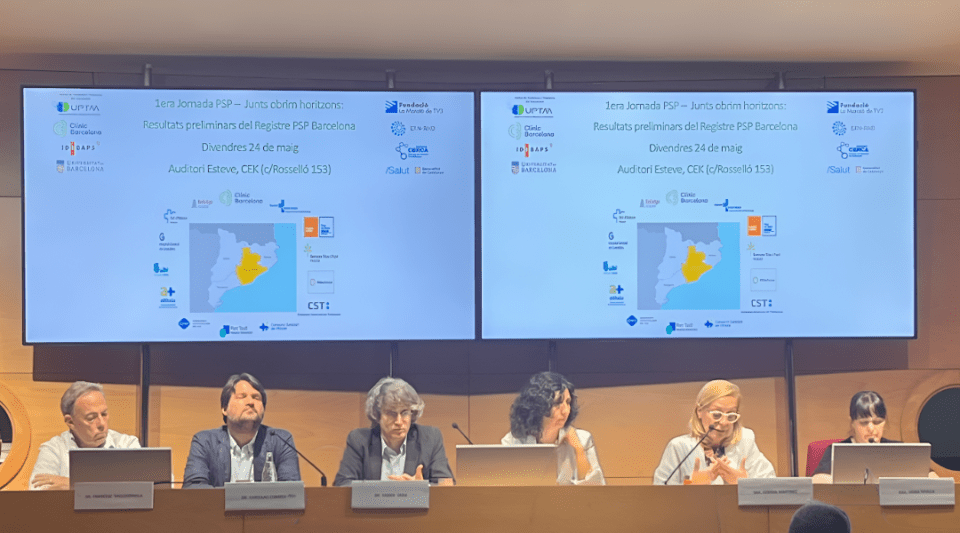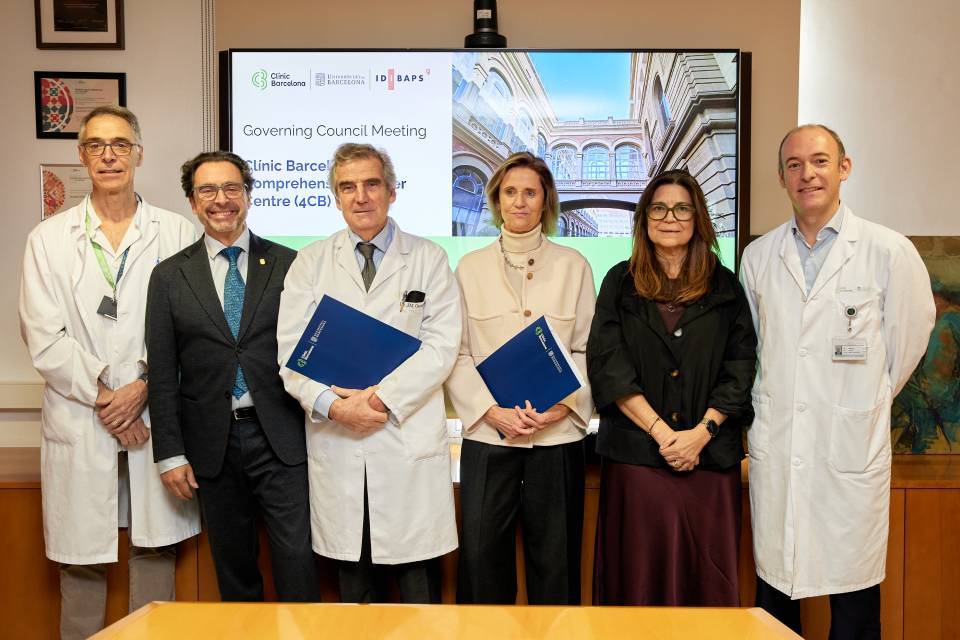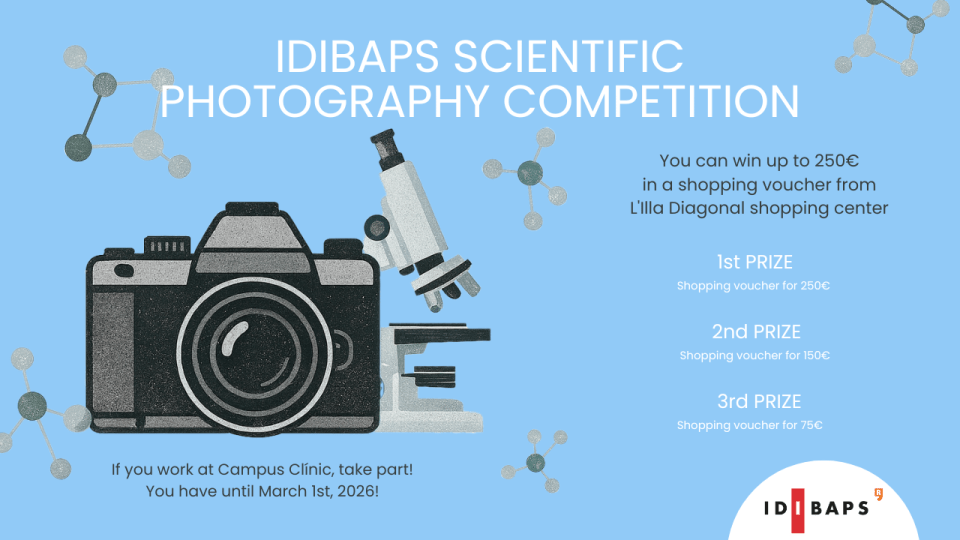On 24 May, the first conference dedicated to progressive supranuclear paralysis (PSP) was held at the Hospital Clínic Barcelona. The event, which brought together health professionals, patients, carers and family members, was notable for the exchange of knowledge and advances in research into and treatment of this rare disease. The Hospital Clínic, a leading centre for this disease in Catalonia, has led the Barcelona PSP Register in recent years, with funding from the La Marató de TV3 telethon, and is participating in several clinical trials so as to improve the management of PSP. This conference marks the start of a series of annual events to raise awareness of the disease.
The conference began with a welcome from the authorities at the Hospital Clínic and CatSalut, as well as a message from the La Marató de TV3 Foundation addressed to patients and relatives, underlining the importance of collaboration in PSP research and highlighting the hospital’s commitment to research into this disease.
One of the main focal points of the event was the presentation of the multicentre Register of hospitals in the Province of Barcelona, including 131 participants with the disease and their family members and carers. The results obtained, both in terms of clinical variables and eye movement, cerebrospinal fluid and magnetic resonance biomarkers, will provide the keys to a better understanding of the progression of the disease and to assessing cases at earlier stages. This register has been an important boost for clinical research and education in this minority disease, and has allowed participants to be identified for upcoming clinical trials for PSP. Moreover, there are plans for further analysis of these data in future studies.
Another important point during the conference was the therapeutic education programme for patients and carers, which was very well received by both patients and carers. This programme not only provides support and training to help patients prevent and adapt to the medical complications and physical and emotional changes caused by PSP, it also offers support for carers.
Finally, the conference concluded with a discussion on the future horizons in PSP research, including the upcoming clinical trails and the roll-out of the CatSalut model of care for rare diseases. The experts highlighted the importance of research for progress to be made in the understanding and treatment of PSP.
PSP or Progressive Supranuclear Paralysis: a minority disease with a complex differential diagnosis
PSP is a rare neurodegenerative disease that mainly affects the brain cells that control movement. It causes symptoms such as loss of balance, muscle stiffness, difficulty moving the eyes, and problems with speech and swallowing. As it progresses, these symptoms can worsen, seriously affecting the patients’ quality of life. Diagnosis can be complex, since it often resembles other neurodegenerative diseases such as Parkinson’s disease. However, a combination of clinical assessments and cerebrospinal fluid studies can help confirm the diagnosis. There is currently no cure, but treatments similar to those for Parkinson’s disease such as dopaminergic drugs, combined with physiotherapy and occupational therapy, can alleviate the symptoms.
Conferences like this one, which brought together professionals from different disciplines, patients and family members, allow experiences to be shared and advances to be made in the knowledge of this minority disease. Research is key to opening new avenues towards possible treatments and improving the quality of life of patients and family members. This conference marks the start of a series of annual events aimed at raising awareness of PSP and promoting ongoing research in this field.




